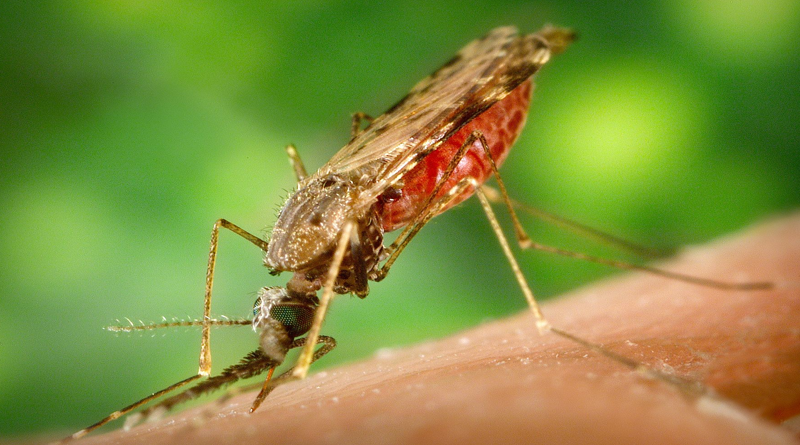Division of Public Health (DPH) officials are concerned about the increasing number of cases of West Nile Virus (WNV) in humans this year. DPH is announcing that WNV is confirmed in a 73-year-old New Castle County man, who has been hospitalized since late August. This is the third case of WNV confirmed in humans in the last month. The first case involved a 60-year-old Sussex County man, and the second a 68-year-old New Castle County man. Additionally, DPH is awaiting results from the Centers for Disease Control and Prevention (CDC) in a fourth potential case of the disease. Last week, the Delaware Department of Agriculture announced two cases of WNV in horses.
“We are extremely concerned about this situation and are urging people to use insect repellent whenever you go out,” said DPH Director Dr. Karyl Rattay. “Peak transmission period for West Nile Virus lasts for another six weeks. With people spending more time outside as the temperatures begin to cool down, and for after-school sports, it is vitally important that everyone take this basic step to protect themselves.” While the mosquitoes that cause WNV bite primarily from dusk (evening) to dawn (morning), other mosquitoes that cause diseases such as chikungunya, dengue fever, and Zika can bite during the day. The CDC now recommends wearing insect repellent whenever you go out.
WNV is a mosquito-borne illness that can cause serious health problems. WNV is transmitted by mosquitoes, generally in summer and fall, with a peak period for disease transmissions from mid-August to mid-October. Nearly 80 percent of people infected with WNV will not become ill. While only a little less than 20 percent of those infected with the virus will develop West Nile fever with mild symptoms (fever, headache, body aches, a skin rash on the chest or back and swollen lymph glands), one in 150 people infected will develop severe infection (West Nile encephalitis or meningitis).
Symptoms of severe WNV infection include a headache, high fever, stiff neck, and/or tremors and muscle weakness. The elderly and those with weakened immune systems are most at risk. Anyone who experiences any of these severe symptoms should seek medical help immediately. Symptoms may progress to stupor, disorientation, coma, convulsions, paralysis and possibly death.
Mosquito Bite Prevention:
To avoid mosquito bites and reduce the risk of infection, individuals should:
• Use Environmental Protection Agency (EPA)-registered insect repellents. Follow the manufacturer’s instructions for reapplication times.
• If using sunscreen, apply it first and insect repellent second.
• Adults: Spray insect repellent onto your hands and then apply to the child’s face. Do not apply an insect repellent onto a child’s hands, eyes, mouth, or on cut or irritated skin.
• Do not use insect repellent on babies younger than 2 months of age.
• When outside, wear shoes, light-colored long-sleeved shirts, and pants. Dress your child in clothing that covers arms and legs. Mosquito netting can protect one’s face and neck, and infants in carriages, strollers, and playpens.
• Use permethrin (an insecticide) to treat clothing and gear (such as boots, pants, socks, and tents), but do not apply to skin.
• Prevent mosquitoes from entering the house by using screens and keeping windows and doorways tightly sealed.
The Department of Natural Resources and Environmental Control’s (DNREC) Mosquito Control Section has seen an increase of WNV found in wild birds and sentinel chickens this year throughout the state. To assist the State’s mosquito control efforts, and to reduce mosquito-breeding habitat for mosquitoes that can transmit WNV, DNREC urges homeowners to practice good water sanitation on their property by eliminating standing water, particularly as might be collected in buckets, containers, uncovered trash cans, stagnant bird baths, old tires and unused swimming pools.
While there are no human vaccines against WNV, there are effective vaccines available for horses through licensed veterinarians, according to the Delaware Department of Agriculture’s State Veterinarian’s Office.
To report suspected cases of human WNV, call the DPH Office of Infectious Disease Epidemiology at 888-295-5156.
Source: Delaware Health and Social Services

